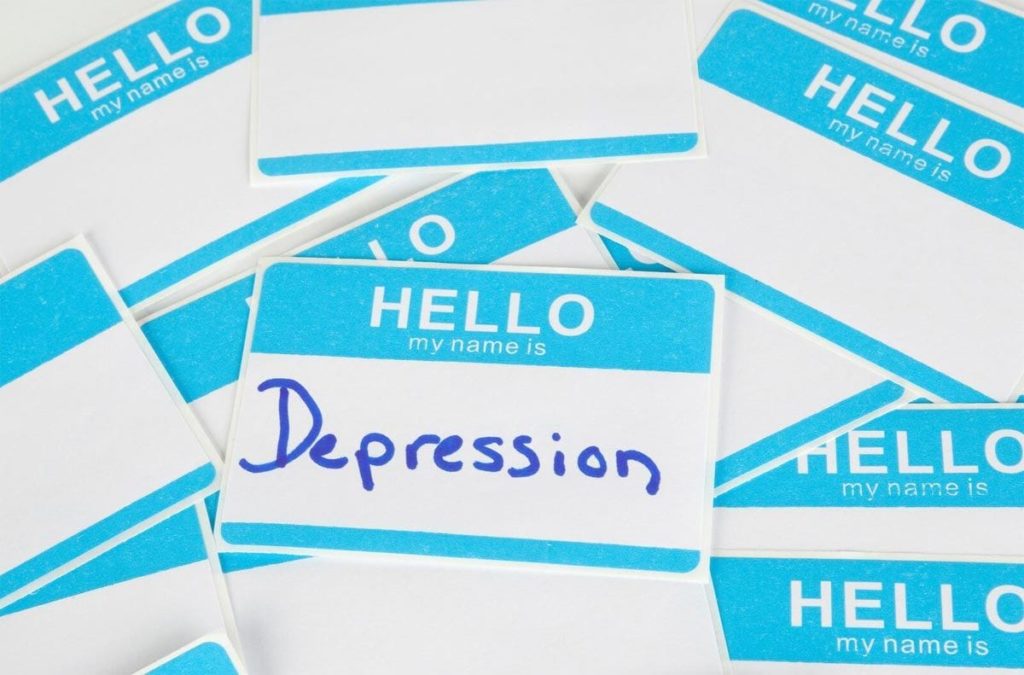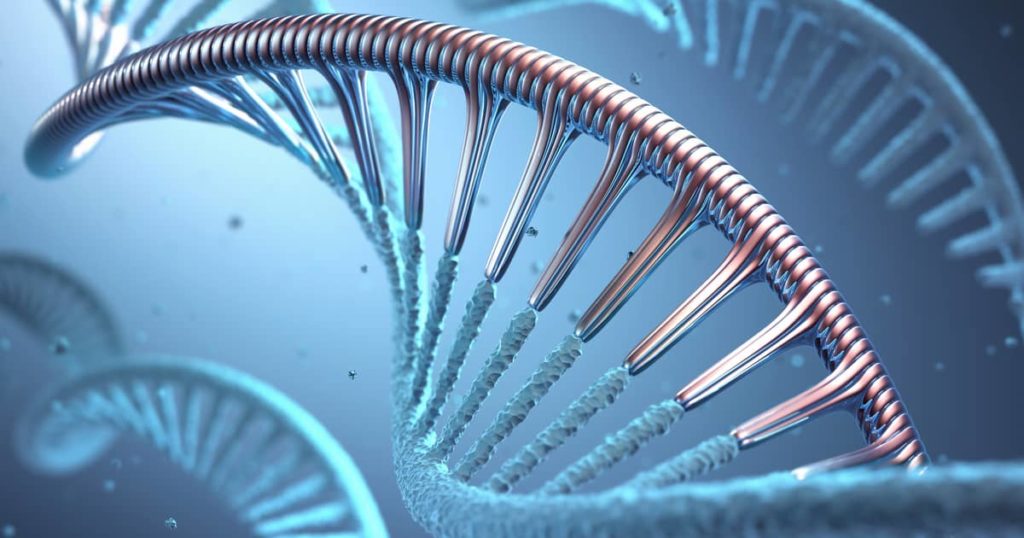What you eat can impact how you feel. When you eat a healthy, nourishing diet, your body and mind can perform at their peak function. When your diet is rich in foods high in sugar and unhealthy fat, your body and mind cannot perform well. You risk hormone and chemical imbalances that can affect your mood when this happens. Depression can be heavily influenced by the food you consume. Learning the link between nutrition and depression can help you develop eating habits that work for you and boost your mood.
Recovery Ranch Tennessee knows the importance of a balanced diet for depression. That’s why we offer a nutrition therapy program for people in our center. There, we teach them how to build a healthy diet and how the food they eat can directly impact how they feel in the short and long term. If you struggle with depression and don’t know how to build healthy eating habits to support your mental health, call us at 1.844.876.7680. We can help you explore the link between nutrition and depression while learning to manage your mental health.
What Is Depression?
Depression is characterized by several mood-related symptoms that increase a person’s social isolation and decrease active engagement with everyday life. In some cases, affected individuals develop relatively minor forms of these symptoms that only mildly impact their overall quality of life. However, in other cases, intense or persistent forms of these symptoms trigger severe or extreme life disruptions that can lead to the onset of suicidal thoughts or active suicide behaviors.
Doctors typically combat the effects of severe forms of depression with the help of medications, psychotherapy, and various types of brain stimulation. Current evidence indicates that specific nutritional steps can support the effectiveness of these treatments.
The Effects of Nutrition on Depression
In the 2000s, researchers from several respected institutions established links between depression symptoms and deficiencies in some specific vitamins and minerals. For instance, depression-related symptoms commonly appear in people with an inadequate intake of vitamin B1 (thiamine) or vitamin B5 (pantothenic acid). Deficiencies in vitamin B9 (folic acid) and vitamin B12 (cobalamin) can also produce similar results. In addition, you can develop certain depression-like symptoms as a consequence of long-term vitamin C deficiency or inadequate vitamin D intake.
Mineral deficiencies associated with the onset of depression symptoms include an inadequate intake of:
- Calcium
- Potassium
- Magnesium
- Zinc
- Manganese
- Iron
Generally speaking, correction of any existing vitamin or mineral deficiency can help ease depression’s overall effects.
Foods That Can Boost Your Mood
Vitamins and Minerals
Vitamins and minerals such as magnesium and iron affect your mood because they affect the production of vital chemicals in your brain called neurotransmitters. You rely on these chemicals—including serotonin, dopamine, glutamine, and norepinephrine—to carry essential signals between the individual cells that form your brain tissues. When you have sufficient supplies of neurotransmitters in circulation, your brain typically works in a smooth, coordinated manner.
Generally speaking, you experience this trouble-free activity as a sense of emotional stability and well-being. Conversely, doctors and researchers believe problems with your neurotransmitters can alter your mood and contribute significantly to depression symptoms. In addition to certain vitamins and minerals, proper neurotransmitter production requires the presence of certain substances classified as amino acids; together, these acids form the basis of your body’s internal proteins.
Amino Acids
Amino acids are found in several common foods, including:
- Bananas
- Poultry
- Soybeans and soy products
- Oats
- Peanut butter
- Nuts
- Milk and other dairy products
Increased consumption of amino acids will produce minor increases in your brain levels of the neurotransmitter serotonin. In turn, this serotonin increase can play a small role in easing the effects of clinical depression.
Omega-3 Fatty Acids
You can also potentially boost your mood and decrease depression by regularly eating foods containing significant amounts of substances called omega-3 fatty acids. Inside your brain, these acids—known individually as eicosapentaenoic acid (EPA) and docosahexaenoic acid (DHA)—help perform basic tasks that include cell regulation and processing of the brain’s energy supplies. They also help control the production of mood-boosting serotonin and the production of the neurotransmitter dopamine, which plays a role in your ability to feel pleasure. Foods rich in omega-3s include walnuts, flax seeds, and fish species such as anchovies, salmon, herring, sardines, and mackerel.
The Role of Complex Carbohydrates
Complex carbohydrates are foods—such as whole grains, starchy vegetables, and legumes—that contain relatively long strings of the carbohydrate building blocks known as simple sugars. They differ from simple carbohydrates, which contain relatively short strings of simple sugars or exist as individual units of sugar.
When your diet contains lots of simple carbs—such as those found in candies, sodas, and sugary treats—you can easily experience significant spikes and dips in your blood sugar levels. In turn, these spikes and dips can contribute to the onset of depression and depression-related symptoms, like irritability. On the other hand, complex carbs produce much smaller changes in your average blood sugar levels. In people with depression, the glucose-stabilizing effects of these carbohydrates can translate into mood-stabilizing effects that reduce the negative influence of depression-related symptoms.
Your Diet Should Work for You
The presence of specific food sensitivities can also increase the influence of depression by undermining normal nutrition; potential problems in this area include gluten sensitivities that lead to the onset of celiac disease, as well as sensitivities to other foods or food components, such as egg whites, barley, or corn.
Depression is also commonly linked to irritable bowel syndrome (IBS), Crohn’s disease, and other chronic disorders that involve disruption of normal food digestion. On their own, nutritional and dietary changes will not cure depression. Nutritional and dietary measures may play a minor role in treating major depression and other severe depression-related disorders. Speak to your doctor before making any changes in your diet, and never discontinue your main depression treatments without your doctor’s approval.
Nutritional Therapy at Recovery Ranch Tennessee
When you’re ready to get control of your mental health and make changes to your nutrition, professional help can support long-term growth. Call 1.844.876.7680 to learn more about the link between nutrition and depression from Recovery Ranch Tennessee.




